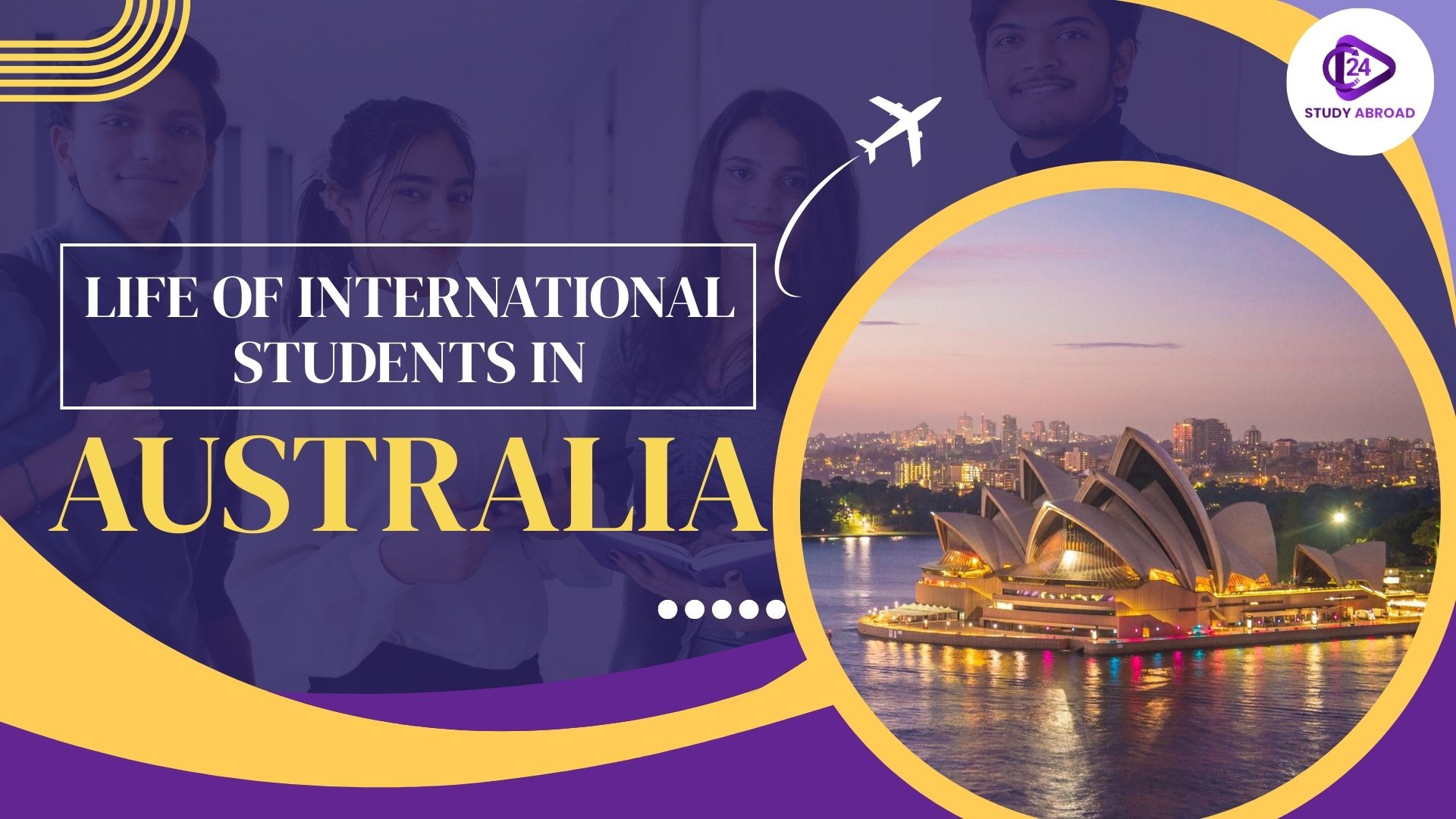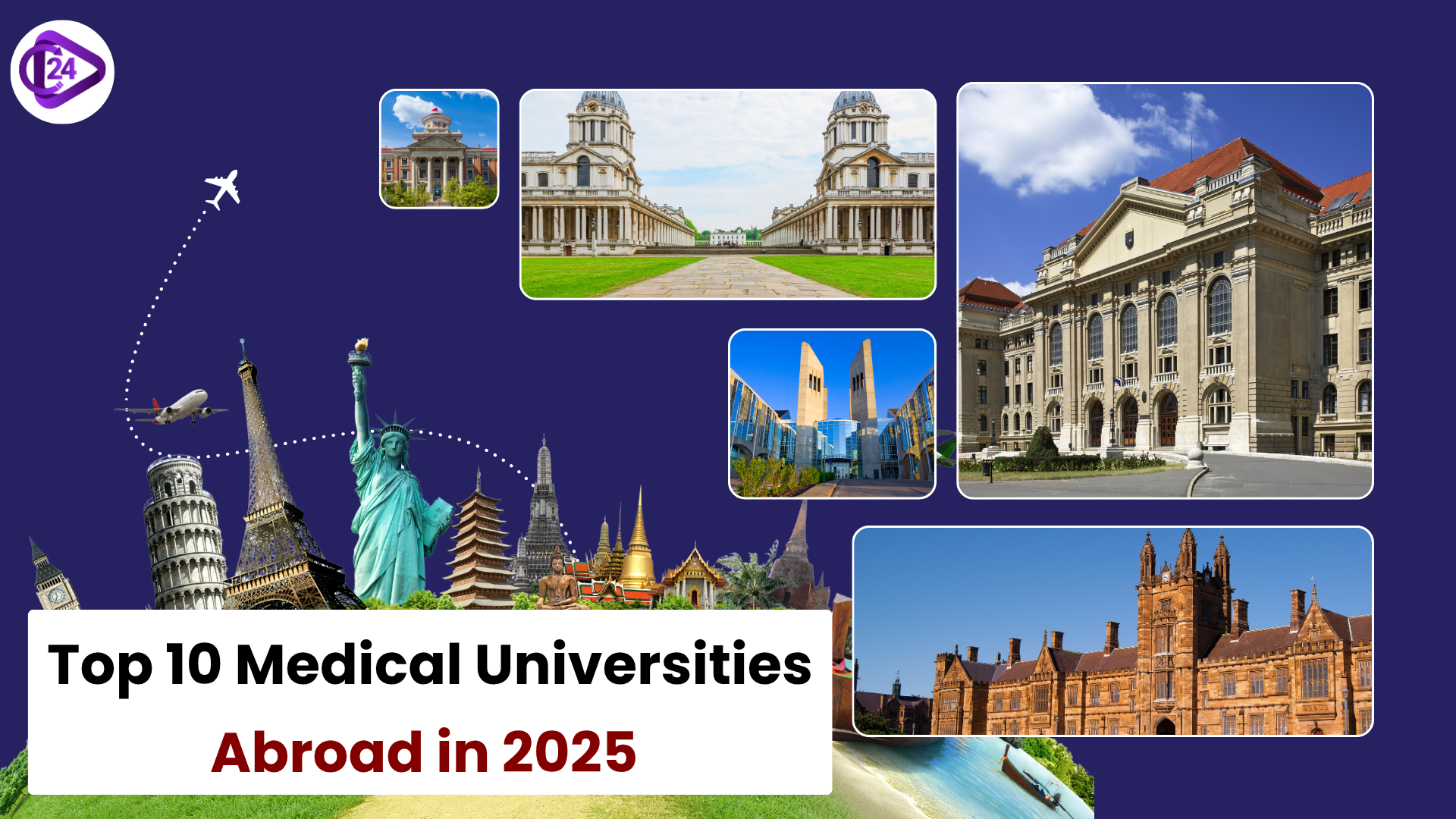Why should you consider studying abroad?
Studying abroad isn’t just about hitting the books. It’s about growing as a person, having amazing experiences, and making friends for life. The insights below really show how studying abroad can boost your confidence, open your mind, and make your journey through life even more exciting.
- Broadening Horizons: Studying abroad gives you a fresh take on life. It pushes you to grow on your own, making you more adaptable and confident. This kind of growth isn't just good for your career; it's also great for you as a person. Professor Kevin Pimbblet really drives home how much it can impact you.
- Irreplaceable Experience: Associate Professor Brad Carey talks about how not studying abroad is one of his biggest regrets. It really shows how unique and valuable the experience can be—getting to dive into other cultures, learning how things are done elsewhere, and building friendships that last a lifetime.
- Different Perspectives: Paul Greaves points out how travelling helps you see things in a whole new light. Being exposed to different ways of thinking can give you a more balanced view, which is super useful both in school and in your career.

Visa
We will help you secure a visa which is absolutely vital for your travel and our expert team will make this as easy as possible. We assist you in applying for tourist, student, work, and family visas, providing complete help and support. At Class24 Study Abroad, our mission is to simplify and streamline complexity— for example, if you are not aware of any timelines or requirements related to your application, we ensure that you acquire the necessary knowledge.
Australia Study Visa Process
The Australia (Student Visa) allows international students to study at accredited Australia institutions, granted based on meeting eligibility requirements such as course acceptance, finances, and English proficiency. Mentioned below are the general steps for the study visa process
- Valid CAS (Confirmation of Acceptance for Study).
- Finance for 12 months tuition fee + maintenance
- Past academic documents
- IHS (International Health Surcharge) cover of GBP 1,164 p.a
- Provision for Priority Visa & Superfast Visa
- Passpost

Choose Your Study Programme
You’ve reached the point where you know the country and discipline you want to study. Congrats! But now, which study programme should you choose? Each university offers one (or multiple) study programmes in the same discipline.
Each programme has a specific curriculum and various academic goals. It would be best to be careful before choosing — you don’t want to realise halfway through your first academic year that you’ve enrolled in the wrong degree.
The simplest way to avoid this is always to check the programme’s overview or list of courses. See what you’ll study and how. Some degrees are more focused on theory, others on practice. Have any questions? Never hesitate to contact the university. A representative should be more than happy to help you.
Other factors worth looking at are:
- the duration of studies: most Bachelors take 3 or 4 years to complete, while Masters take 1 or 2 years. But there are exceptions! Highly specialised disciplines can take 5 or even 6 years of studies. This will also increase your expenses, so don’t overlook this factor.
- full-time or part-time: each approach has its benefits; part-time studies allow you to work on the side and take care of other responsibilities. Full-time studies will take less time and will allow you to enjoy the full on-campus experience.
Monthly Living Expenses in Australia
The cost of living in Australia is monthly, and it may fluctuate from one area to another, depending on the life you want to live. The cost of rent for a one bedroom apartment in the city centre on the average ranges from AUD 1,200 to AUD 2,500 and the cost of utilities goes from AUD 150 to AUD 300 per month. Food, transport and entertainment will inflate your monthly expenses by an additional AUD 600 to AUD 1,000. Monthly living cost:- between AUD 1,400 and AUD 2,500

Rent
$2500

Food
$2500

Transport
$2500

Miscellaneous
$2500
Low
High

Apply to multiple universities
Don’t put all your eggs in one basket! Even if you’re confident, applying to a few universities is smart. This will improve your chances of being accepted somewhere you love. Check each university’s specific requirements and deadlines, as they can be quite different.
Even if you have top grades and an impressive motivation letter or essay, you shouldn’t apply to only one university. It’s true, you might get accepted, but what will you do if you aren’t? This is why you should apply to at least 2 or 3 universities.
Pass your English language test if you haven’t already
To study an English-taught programme at a university abroad, you’ll first need to provide evidence of your English language proficiency. Most universities accept one of the following English language certificates:
You’ll need to pass one of these tests before your university enrolment. Depending on your current English level, you might be able to pass a test with only a few days or weeks of preparation. But if your English could use some improvement, take at least a few months to prepare.
- IELTS
- PTE
- TOEFL
- DET
Apply for scholarships
Scholarships are your best friend when it comes to funding your studies. There are loads of options out there, from academic scholarships to grants that support underrepresented groups. Some scholarships need to be applied for during your university application, while others you apply for after being accepted.
- scholarships
- grants
- student loans
Some of them need to be paid back, while others, like scholarships or grants, don’t. But scholarships and grants are given away just like that. Learn the difference between these three and how can each help you.
Confirm your place after receiving the admission letter
To study an English-taught programme at a university abroad, you’ll first need to provide evidence of your English language proficiency. Most universities accept one of the following English language certificates:
You’ll need to pass one of these tests before your university enrolment. Depending on your current English level, you might be able to pass a test with only a few days or weeks of preparation. But if your English could use some improvement, take at least a few months to prepare.
Contact Us
Know Real Stories of Real People, How They Went from India to Abroad!
- Free counselling sessions by an educational consultant
- Database of multiple reputed universities under one roof
- Trustworthy and affordable overseas study plans
Cast Your Eyes Upon Our Newest Article

Student Visa for Dubai 2026: Application Process, Eligibility, Cost, Work Rights & Latest Rules
Dubai has been quick to become a global education destination of choice for international students. Offering internationally recognised universities, industry-focused courses, innovative facilit...

Life of International Students in Australia: Cost of Living, Climate, Culture, Housing & Safety
Australia has emerged as one of the most desirable places of study to international students. Australia is a preferred location with world-class universities, globally recognised degrees, part-t...

Top 10 Medical Universities Abroad in 2025
In order to study medicine at a foreign university, it is possible to access high-quality training, advanced research, and a career at the international level. With the increasing needs of skill...






